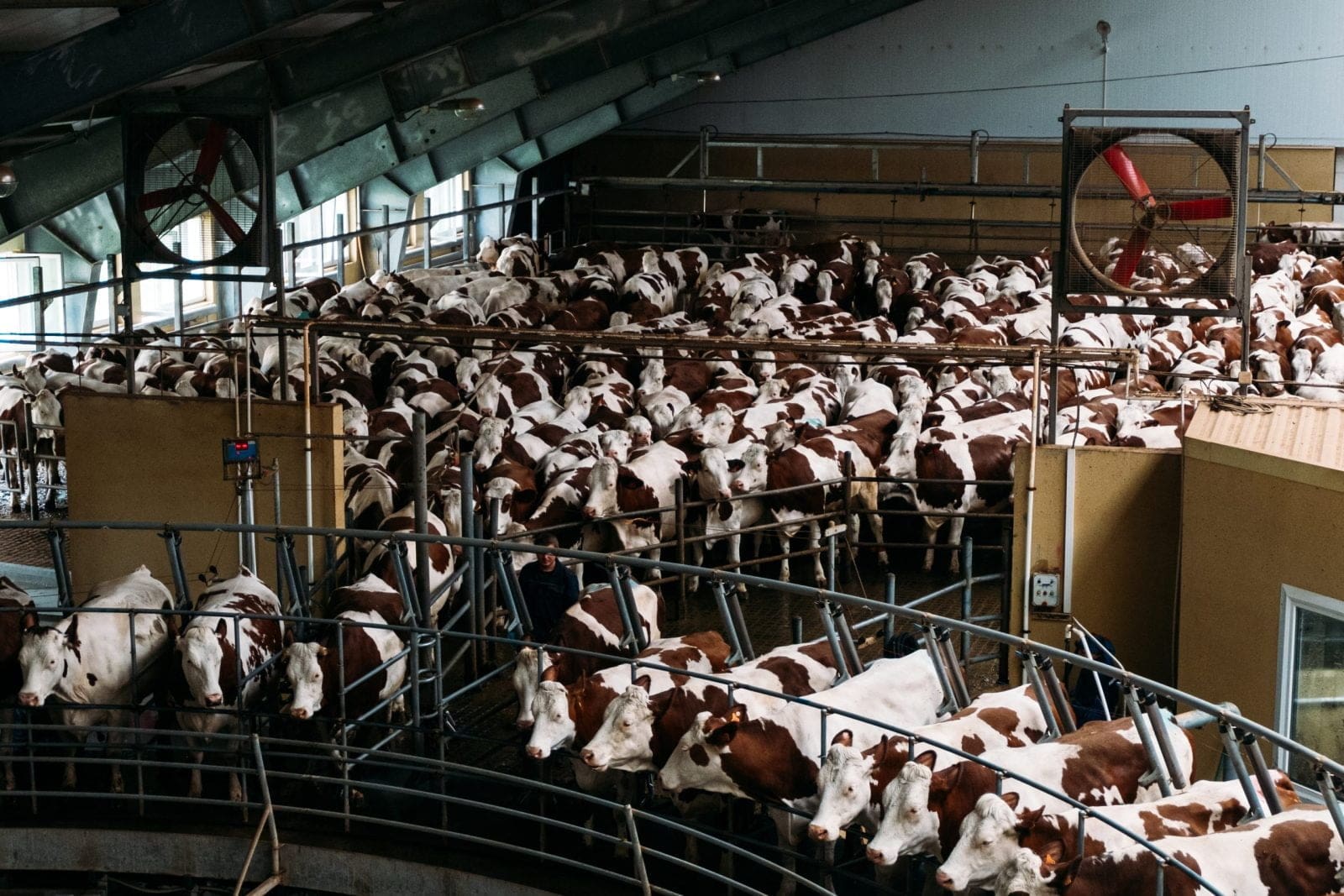Cultural perspectives shape how societies perceive and treat animals—whether as companions, sacred beings, resources, or commodities. These views are deeply rooted in tradition, religion, and regional identity, influencing everything from dietary customs to rituals and laws. In this section, we explore the powerful role culture plays in justifying animal use, but also how cultural narratives can evolve toward compassion and respect.
From the glorification of meat consumption in certain regions to reverence for animals in others, culture is not a fixed framework—it is fluid and constantly reshaped by awareness and values. Practices once considered normal, such as animal sacrifice, factory farming, or the use of animals in entertainment, are increasingly questioned as societies confront the ethical and ecological consequences. Cultural evolution has always played a central role in challenging oppression, and the same applies to our treatment of animals.
By highlighting voices from diverse communities and traditions, we seek to broaden the conversation beyond dominant narratives. Culture can be a tool for preservation—but also for transformation. When we critically engage with our customs and stories, we open the door to a world where empathy becomes central to our shared identity. This section encourages respectful dialogue, reflection, and the reimagining of traditions in ways that honor both heritage and life.
Factory farming dominates the global food industry, producing immense volumes of meat, dairy, and eggs to satisfy rising consumer demand. Yet this intensive system carries significant hidden costs that impact the environment, society, and economy. From contributing to climate change and polluting soil and water to raising ethical concerns about animal welfare and worker exploitation, its consequences are deeply troubling. This article explores how factory farming affects ecosystems, public health, and local communities while highlighting the pressing need for sustainable agricultural practices that balance productivity with ethical responsibility

















































